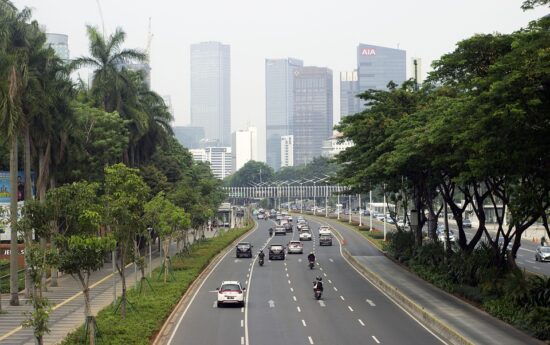WHO, partners support Indonesia to develop path-breaking human health sector plan to address AMR based on new WHO guidance
The World Health Organization (WHO), Indonesia’s Ministry of Health, and key partners have concluded workshops to develop the world’s first national action plan to address antimicrobial resistance (AMR) based on the WHO people-centred approach. AMR occurs when bacteria, viruses, fungi, and parasites change over time and no longer respond to medicines, making infections harder to treat and increasing the risk of disease spread, severe illness, and death. Indonesia is among five countries with the highest projected percentage increase in antimicrobial consumption by 2030. The World Bank estimates that AMR could result in $1 trillion additional healthcare costs globally by 2050, with disproportionate impact in low- and middle-income countries, including Indonesia. The WHO core package of 13 interventions, launched in October 2023, takes a people-centred approach to addressing AMR in human health, highlighting the critical importance of equitable and affordable access to quality health services for the prevention, diagnosis, and treatment of drug-resistant infections.
AMR NEWS
Your Biweekly Source for Global AMR Insights!
Stay informed with the essential newsletter that brings together all the latest One Health news on antimicrobial resistance. Delivered straight to your inbox every two weeks, AMR NEWS provides a curated selection of international insights, key publications, and the latest updates in the fight against AMR.
Don’t miss out on staying ahead in the global AMR movement—subscribe now!






